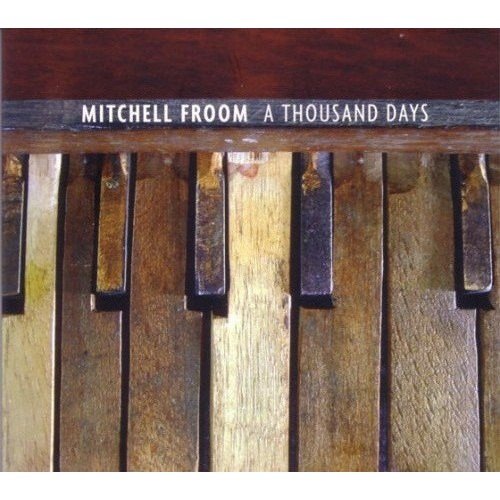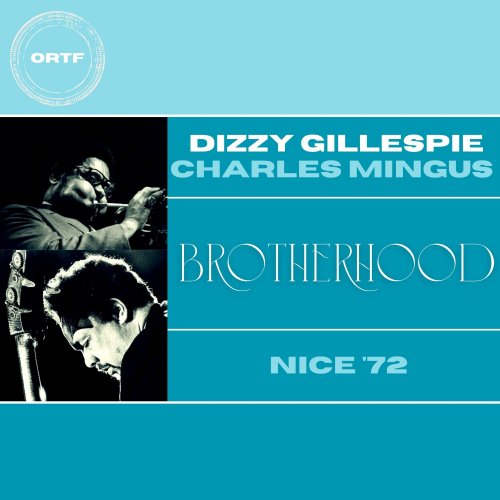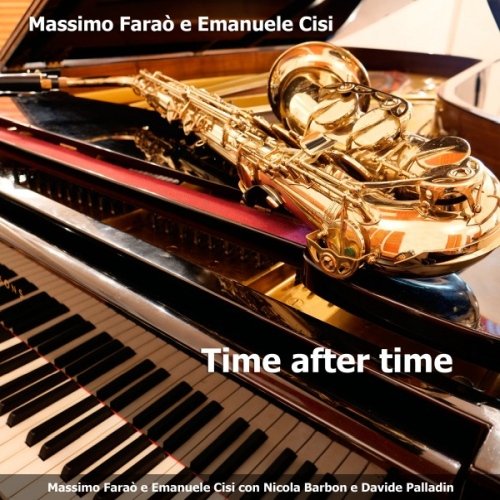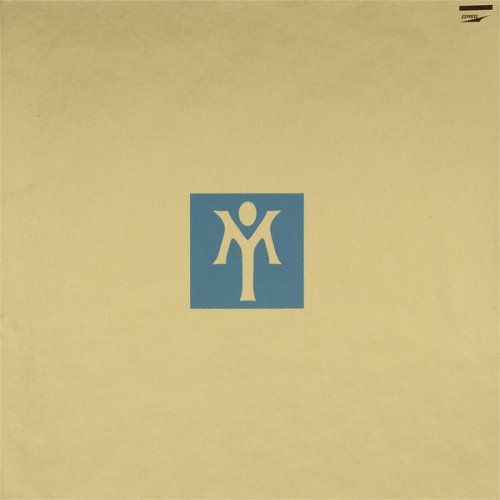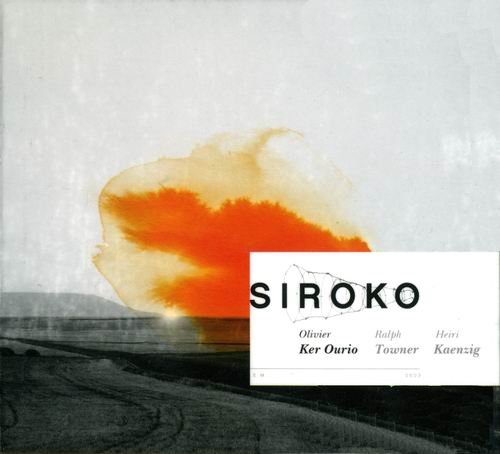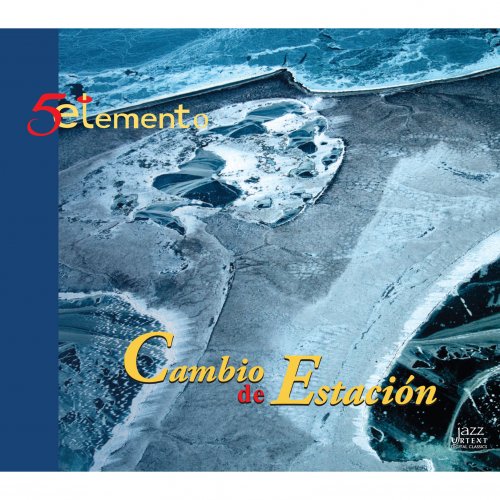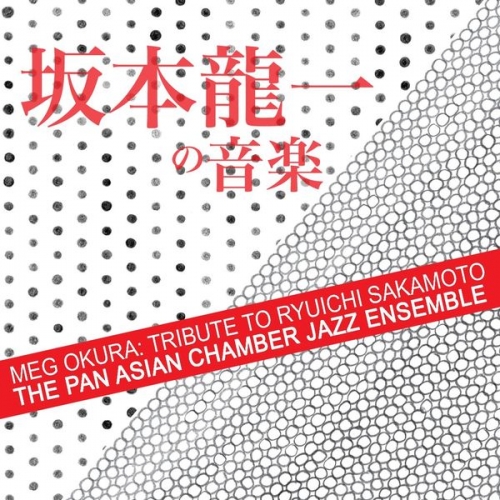Juan Carlos Rivera - Armoniosi Concerti Sopra la Chitarra Spagnuola (2001)
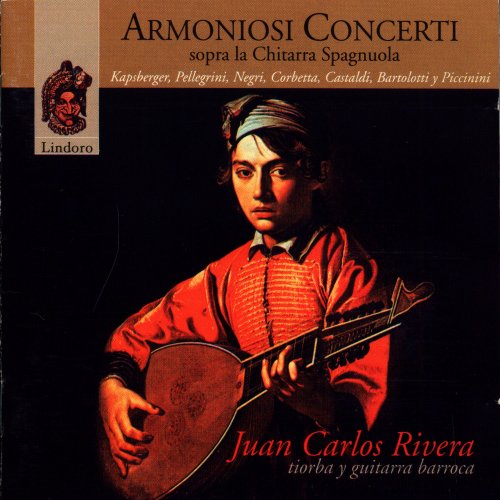
Artist: Juan Carlos Rivera
Title: Armoniosi Concerti Sopra la Chitarra Spagnuola
Year Of Release: 2001
Label: Lindoro
Genre: Classical
Quality: flac lossless
Total Time: 01:08:35
Total Size: 244 mb
WebSite: Album Preview
TracklistTitle: Armoniosi Concerti Sopra la Chitarra Spagnuola
Year Of Release: 2001
Label: Lindoro
Genre: Classical
Quality: flac lossless
Total Time: 01:08:35
Total Size: 244 mb
WebSite: Album Preview
01. Il Canario in Parte Variate
02. Chiacona in Parte Variate alla Vera Spagnuola, Col il Basso per Tiorba
03. Tocata Prima
04. Tocata Setima
05. Balletto a Quatro Detto 'Il Bianco Fiore'
06. Canario
07. Tocata VI
08. Prelude & Chaconne Col Il Basso Per Tiorba
09. Mustazzin Corrente
10. Corrente Decima
11. Capona & Sferaina
12. Chiaccona in Parte Variate
13. Suite Por la E en Re Menor: Prelude
14. Suite Por la E en Re Menor: Allemande
15. Suite Por la E en Re Menor: Courante & Double
16. Suite Por la E en Re Menor: Sarabande
17. Suite Por la E en Re Menor: Canaries
18. Spagnoleta di Madriglia
19. Cecchina Corrente
20. Corrente Seconda
21. Balletto a Due Detto 'Alta Mendoza'
22. Tocata Arpeggiata
23. Aurora Corrente
24. Sgroppato Passegio
It is known that the French had very little to do with the invention of he «French omelette», just as the Russians with «Russian salad» (known in Spain as a «national salad» in he years after the Spanish Civil War for political reasons). It is also known that the English horn, despite its name, was invented by the French (cor anglais, that is to say, angled, named after the angle that formed the tube in the early versions). So why was he guitar named «spanish» from the end of the XVIth century onwards?. The unsatisfactory explanation given by Gaspar Sanz in his Instrucción de música sobre la guitarra española (Zaragoza, 1674) is frequently repeated: «The Italians, French and other nations bestowed the name «Spanish» to the guitar; the reason being that in the past the guitar did not have more than four strings and the Madrid the Maestro Espinel, a Spaniard, added the fifth».
